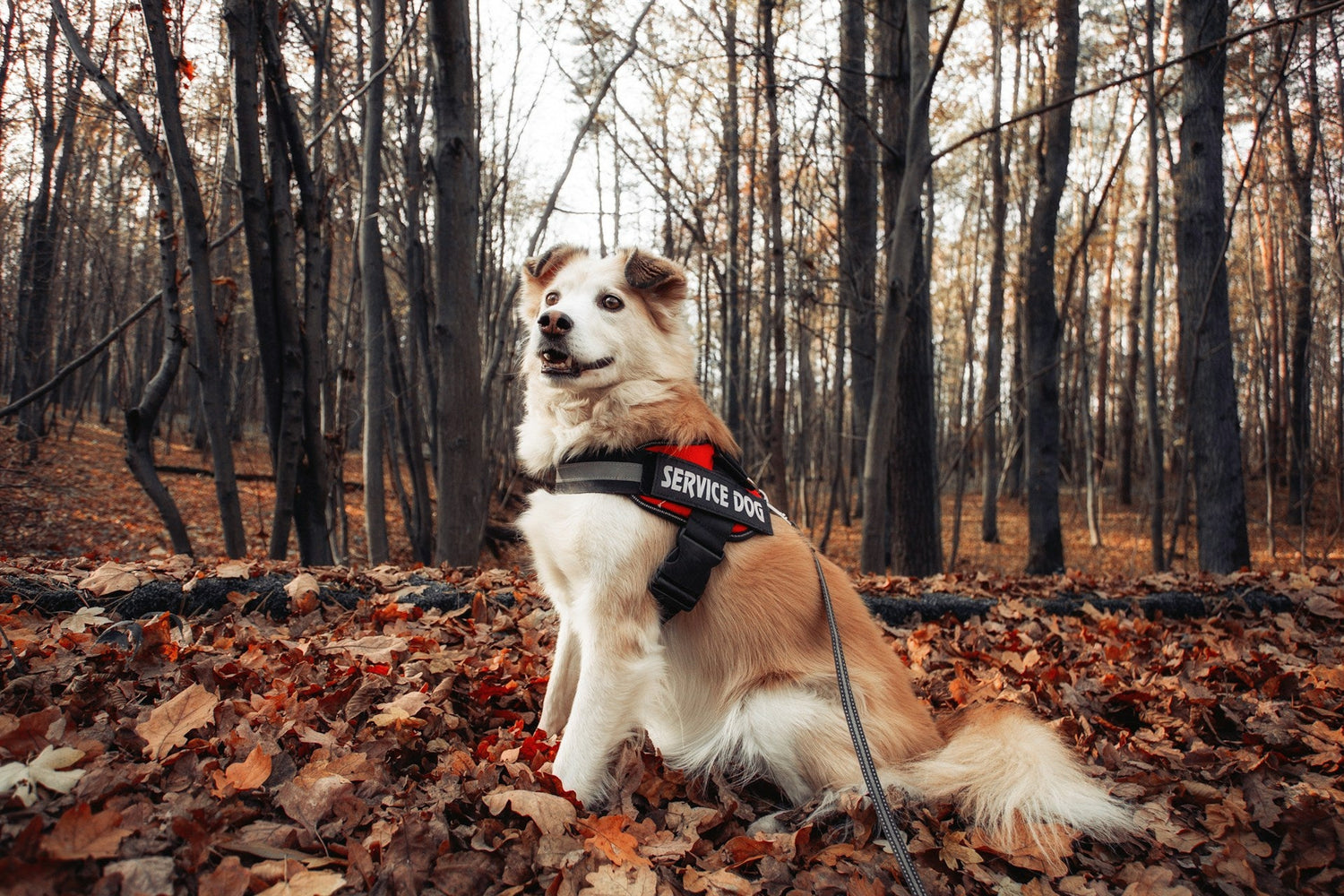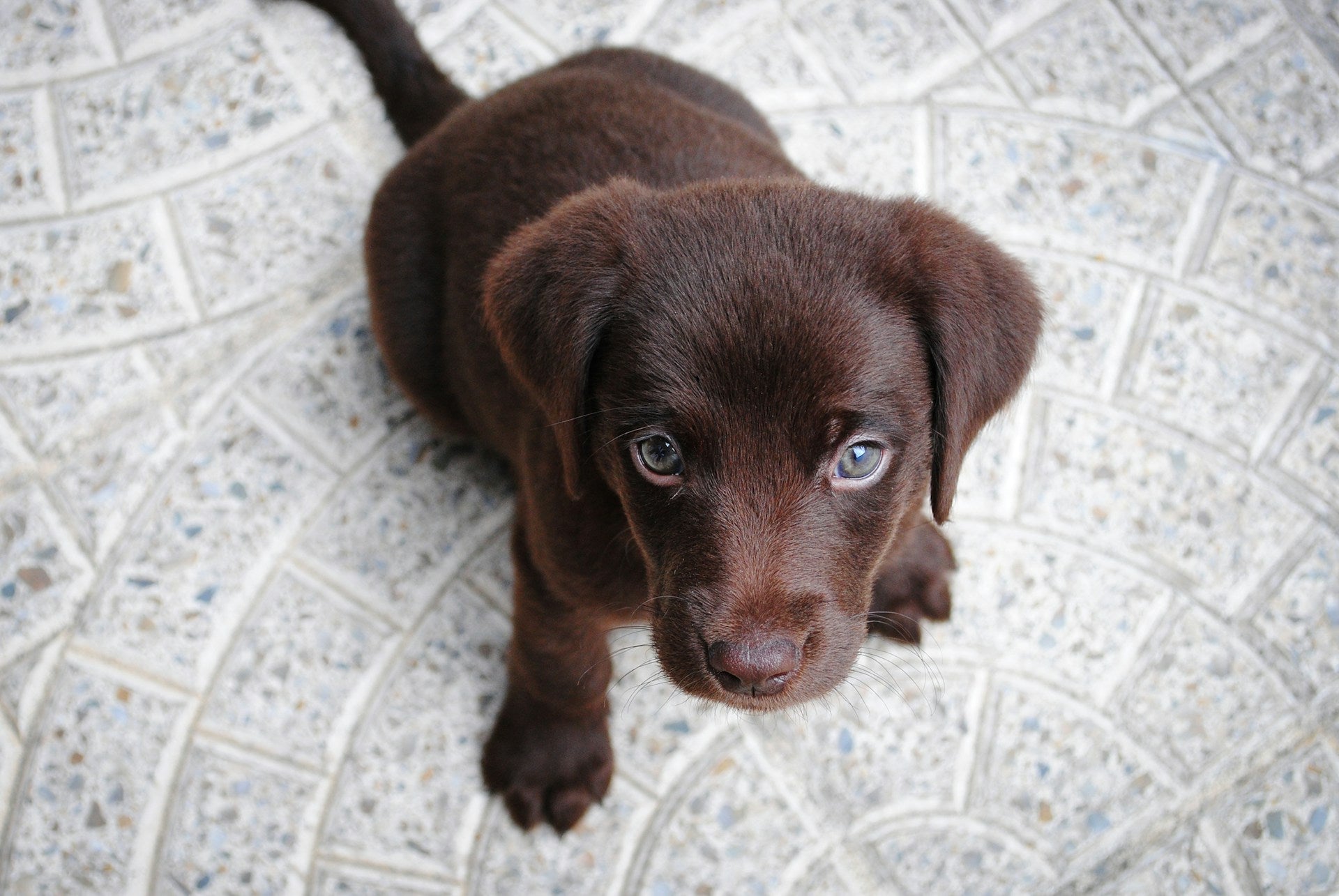Witnessing your dog poop more frequently than usual can be concerning. While a minor dietary indiscretion might be the culprit, excessive pooping can also signal underlying health issues. Understanding the potential causes is crucial for addressing the problem effectively.
Dietary Factors
One of the most frequent causes of dogs pooping excessively is dietary issues. Just like humans, dogs can experience digestive upset if they eat too much. Overfeeding can lead to increased stool volume and frequency.
Abrupt changes to your dog's diet can disrupt their delicate digestive balance. Introducing new foods or switching brands too quickly can trigger diarrhea and frequent bowel movements.
Some dogs may develop sensitivities to specific ingredients in their food, such as proteins or grains. Beef, chicken, dairy, and other proteins can sometimes cause allergic reactions in dogs, leading to digestive upset. Corn, wheat, and soy are common grain ingredients that some dogs may also not tolerate well.
Lastly, poor-quality dog food often lacks essential nutrients and may contain fillers that can irritate the digestive system.
Stress
Stress and anxiety can significantly impact a dog's digestive system. Moving to a new home, introducing a new pet, or even a change in your daily routine can create stress for your dog. This stress can manifest as various behavioral changes, including the dog pooping excessively. Dogs experiencing separation anxiety when left alone may exhibit various signs of distress, including frequent bowel movements.
Medical Conditions
Several medical conditions can contribute to your dog pooping excessively. Intestinal parasites like worms can cause diarrhea and frequent bowel movements. Common parasites include roundworms, hookworms, and tapeworms.
Infections such as E. coli, Salmonella, and Parvovirus can irritate the digestive tract and lead to loose stools and frequent bowel movements. Inflammatory Bowel Disease (IBD) is a chronic condition that causes inflammation in the digestive tract, leading to symptoms like diarrhea, vomiting, and weight loss.
Inflammation of the pancreas can disrupt the digestive process, leading to diarrhea and other digestive issues. In some cases, excessive pooping can be a symptom of cancer, particularly cancers affecting the digestive system.
Medications
Certain medications can have diarrhea as a side effect. If your dog has recently started a new medication and is experiencing excessive pooping, consult your veterinarian.
Recognizing the Signs
To effectively address the issue, careful observation of your dog's bowel movements is essential. Pay attention to:
-
Consistency: Is the stool watery, loose, or hard?
-
Color: Is it the usual brown color, or is it green, black, or bloody?
-
Frequency: How often is your dog pooping?
-
Other Symptoms: Are there any other accompanying symptoms, such as vomiting, lethargy, loss of appetite, or changes in behavior?
When to Consult Your Veterinarian
If you suspect a medical issue or if excessive pooping persists despite dietary adjustments, consult your veterinarian immediately. They can conduct a thorough physical examination and run diagnostic tests. These may include stool samples, blood tests, and imaging studies to identify the underlying cause. Then, they can recommend the appropriate treatment. Treatment options may include medication, dietary changes, parasite control, and other interventions depending on the underlying cause.
Preventive Measures
Feed your dog a high-quality, age-appropriate diet and avoid sudden dietary changes. Regular physical activity promotes a healthy digestive system. Minimize stressors in your dog's environment and provide ample opportunities for relaxation and play. Schedule regular checkups with your veterinarian for preventative care, including parasite prevention.
Taking Control of Your Dog's Poop
Understanding the reasons behind your dog's excessive pooping is the first step towards finding a solution. While dietary adjustments, stress management, and prompt veterinary attention are crucial, remember that responsible pet ownership also includes responsible waste management.
The Paw Pail is a revolutionary dog poop pail that makes waste disposal easy and hygienic. This innovative system eliminates odors, provides hygienic disposal, and minimizes mess, making it a convenient and effective solution for pet owners. By choosing the Paw Pail, you not only improve your dog's well-being but also contribute to a cleaner and more pleasant environment for everyone.



